Allergy and Skin Sensitivity Test - A Guide
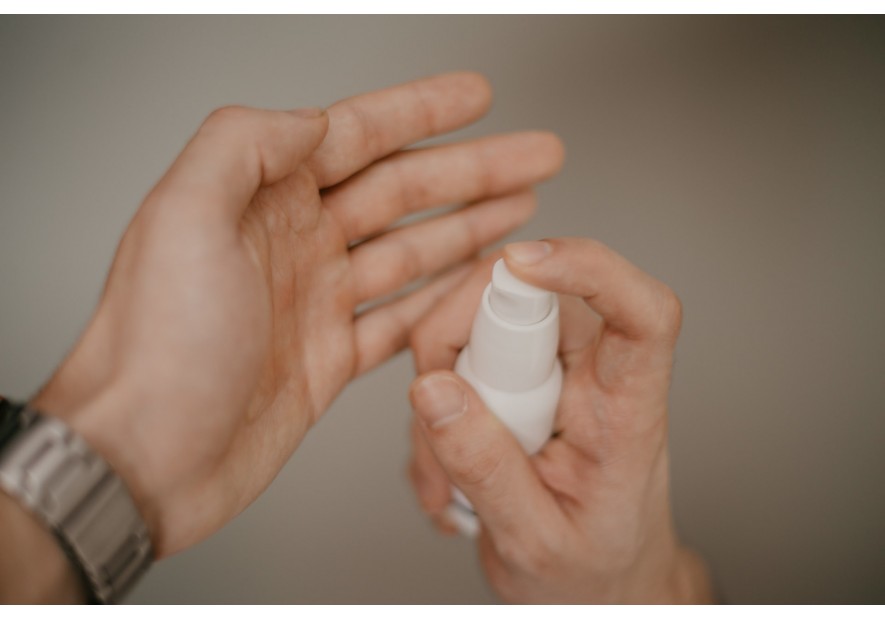
Why should you have a sensitivity test?
Although it is extremely important, unfortunately only a small percentage of us do it. Why? Usually we are so much in anticipation or even euphoria that we can't wait to test the product we buy. And so we don't have time for an allergy test. But is there really such a rush?
In our opinion, it's still worth taking some time for. Have you ever applied a serum to your whole face and after a while your face got really red? If so, you probably didn't read the information on the manufacturer's packaging. So, what are the benefits of an allergy test?
An allergy test will allow us to bypass a potential allergic reaction on the face, which could be the result of a skin allergy to a given ingredient in a cosmetic product. While the likelihood of an allergic reaction is small, unfortunately it is there, so it's best to do an allergy test.
Irritation or allergy?
Most of us don't really know the difference between irritation and allergies. As a result, we define every adverse reaction of our skin as an allergy. This, in turn, causes a negative opinion of the product.
Allergies
This is also an inflammatory skin condition that occurs after exceeding the tolerance threshold for a given ingredient and direct contact with it. This ingredient activates our immune system and causes allergies. Allergies are best detected by patch tests.
Common symptoms of allergies are:
- Redness of the skin,
- blisters on the skin,
- itching.
Symptoms often spread beyond the area where the product is used, and the allergy can even be delayed 4 days, and sometimes after repeated exposure. Remember, allergies can occur at any time in our lives, including products we have used for years.
This is because our immune system is unfortunately flawed and misidentifies substances in cosmetics, which causes an appropriate reaction, such as itching or redness of the skin.
Patch tests are performed on every cosmetic product before it is placed on the market. Before introducing products intended for children or adults with allergic skin, additional dermatological HRIPT (Human Repeated Insult Patch Test) tests are performed to determine whether the product being tested causes contact sensitization through repeated repeated use.
Irritation
Also called contact dermatitis. Unlike allergies, it is not completely related to our immune system. Skin irritation occurs when a given substance irritates our skin, damaging epidermal cells and disrupting their function. It also often causes a disruption of the hydrolipid balance. And skin irritation occurs much faster than allergies. It takes just a few hours to notice the negative consequences of using a particular product.
Typical symptoms of irritation:
- dryness and peeling of the skin,
- redness.
The symptoms appear only in the area where the product was applied.
After which substances can irritation occur?
Retinoids - both retinol and other derivatives can cause skin irritation. They are powerful exfoliants, and too much retinol in products can cause irritation.
Acids are other exfoliating agents. They can be as drying and irritating to the skin as retinoids.
Essential oils - Liquid, volatile fragrances are not recommended for all skin types. There is a chance that they can cause irritation, mostly on sensitive, allergic and dry skin. When used in low concentrations, they should not cause irritation.
Strong detergents such as SLS / SLES. They are simply some of the strongest cleansers and can cause irritation and dryness to some skin types. People with sensitive, dry and atopic skin are unlikely to like them.
How to perform a sensitivity test?
Apply a small amount to a clean patch of skin on the upper forearm and back. The skin in this area should remain dry. After 24 hours, rinse the area to be tested. Monitor your skin for 48-72 hours.
If you experience redness, burning, itching or irritation during testing, do not use the product.
Keep in mind that the test is only used to determine initial skin reactions to products and does not guarantee similar results when applied to other areas of the body (including the face) or after long-term use. This is because many factors can affect the test result, such as recent illnesses, medications taken, exposure to sunlight, and exercise. The allergy test does not take into account improper product selection for your skin type and should not be used to diagnose skin hypersensitivity or allergies.
Our offer of hypoallergenic cosmetics
If you have difficulties choosing products for sensitive skin, choose hypoallergenic cosmetic products:
Make P:rem Safe me Relief Moisture Green Ampoule (moisturizing soothing serum)
Heimish All Clean Green Foam (washing gel with ph 5.5)
Heimish All Clean Balm (make-up remover balm)
ACWELL pH Balancing Bubble Free Cleansing Gel (soft cleansing gel)
Pyunkang Yul Essence Toner (delicate toner)
Purito Centella Green Level Calming Toner (Centella facial toner)











































































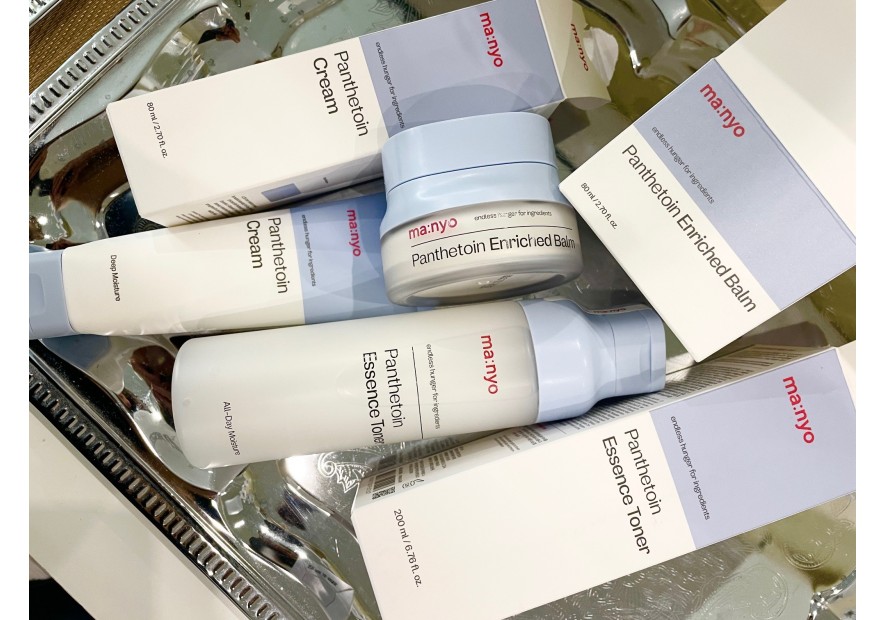
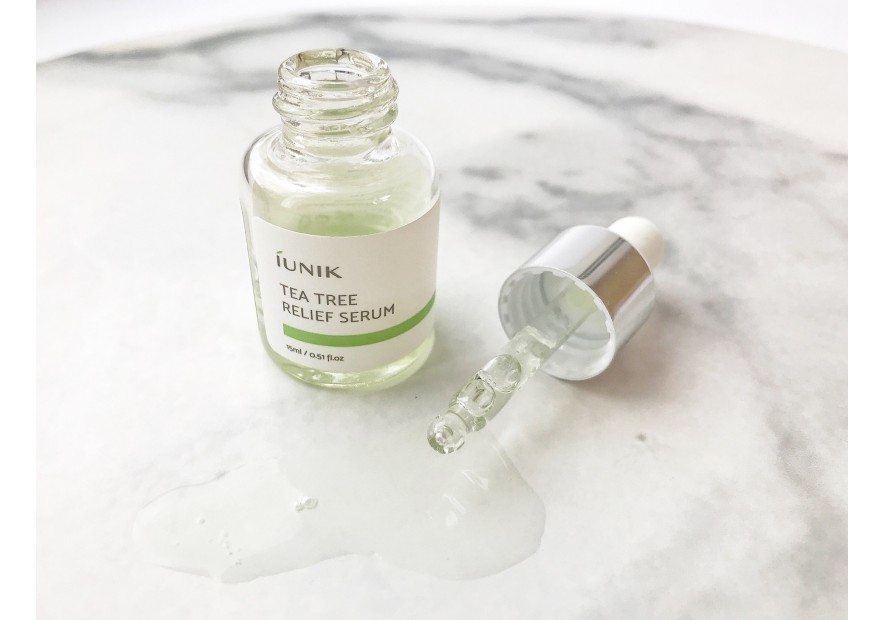
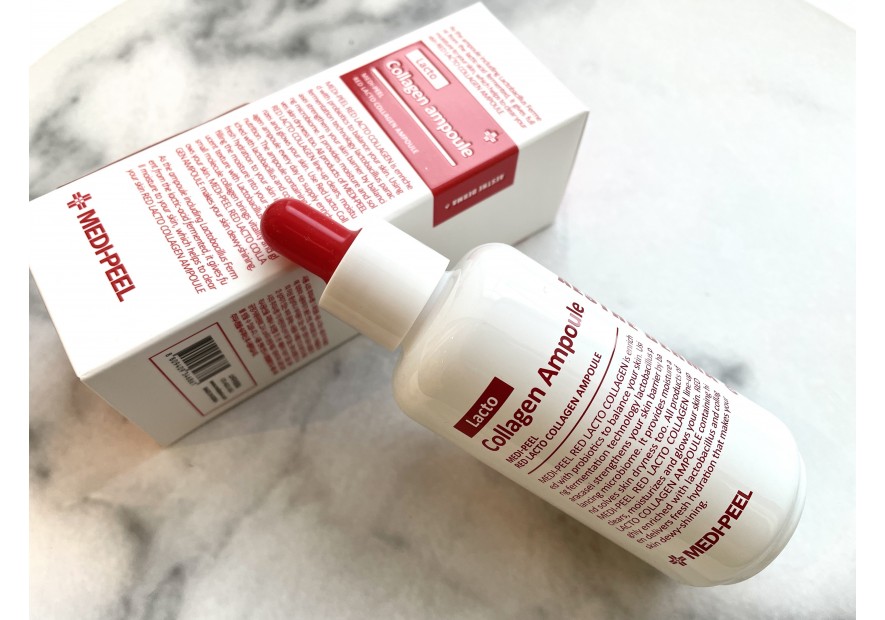

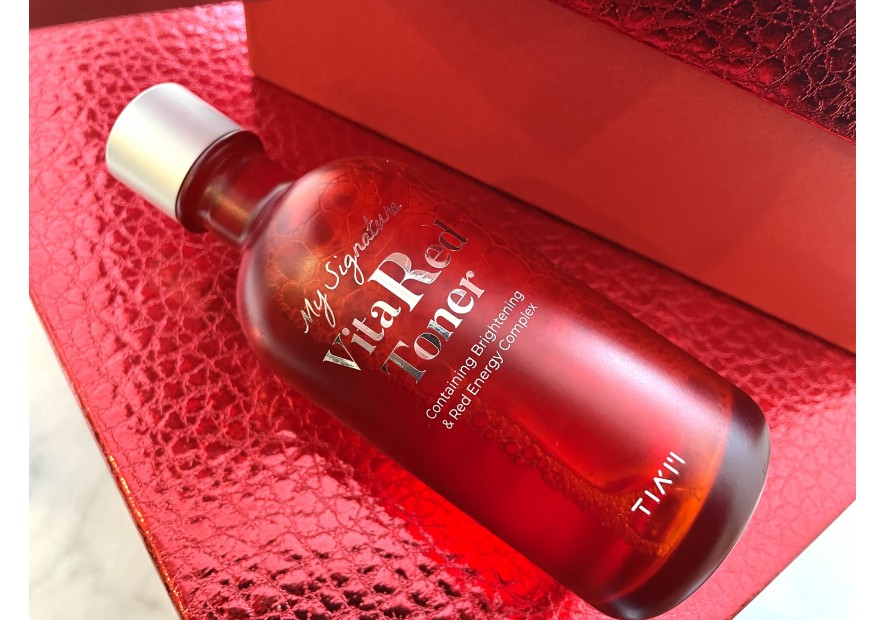
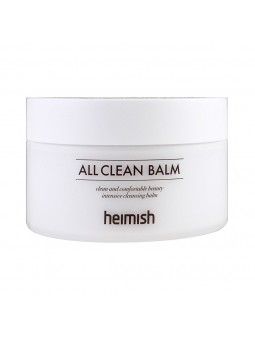
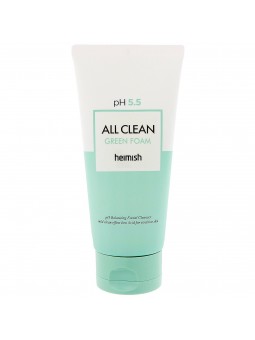
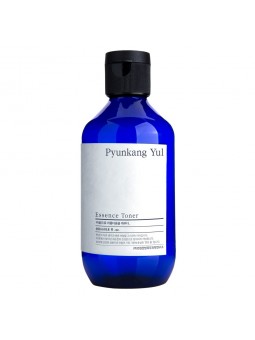
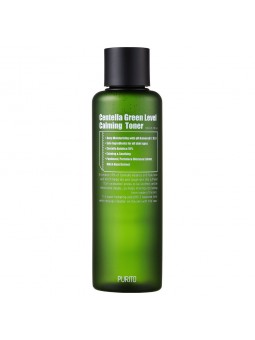
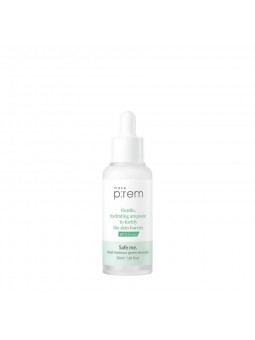
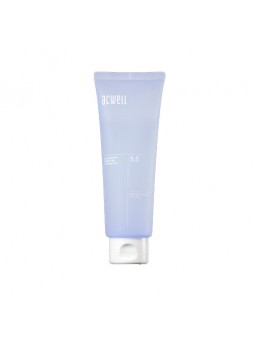
Leave a comment